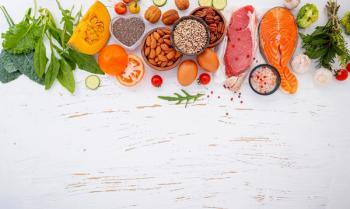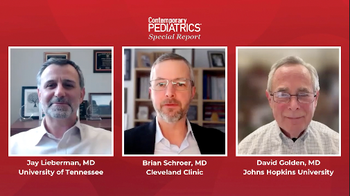
Reproductive problems and intake of soy products are linked, so say mice
A major component of soy that is found in, among other foods, soy-based infant formula disrupts the development of the ovaries in newborn female mice, according to the findings of a study conducted by researchers at the National Institute of Health of Environmental Health Sciences (NIEHS), an arm of the National Institutes of Health, in collaboration with an investigator at Syracuse University. Results of the early study were published in the January issue of Biology of Reproduction.
A major component of soy that is found in, among other foods, soy-based infant formula disrupts the development of the ovaries in newborn female mice, according to the findings of a study conducted by researchers at the National Institute of Health of Environmental Health Sciences (NIEHS), an arm of the National Institutes of Health, in collaboration with an investigator at Syracuse University. Results of the early study were published in the January issue of Biology of Reproduction.
Researchers looked at the component of soy known as genistein, the principal naturally occurring estrogen in plants. Genistein can mimic the effects of estrogen in the body, and it is found in foods that containing soy, including soy-based infant formulas and over-the-counter dietary supplements.
"Although we are not entirely certain about how these animal studies on genistein translate to the human population, there is some reason to be cautious," said David A. Schwartz, MD, director of the NIEHS. "More clinical studies are needed to determine how exposure during critical windows of development can impact human health."
Previous studies showed that mice given genistein immediately after birth had irregular menstrual cycles, problems with ovulation, and problems with fertility as they reached adulthood. The new study looked at the direct effects of genistein on the ovaries during early development.
To conduct the study, female mice were injected with three different doses of genistein during their first five days of life. The dosage given was comparable to what human infants might receive in a soy-based formula. Mice treated with the high dosage (50 mg/kg/d) were infertile and mice treated with a lower dosage were subfertile. The mice receiving the highest level of genistein (50 mg/kg/d), had a high percentage of egg cells that remained in clusters, unable to separate, and therefore developed abnormally.
Newsletter
Access practical, evidence-based guidance to support better care for our youngest patients. Join our email list for the latest clinical updates.






